11/07/2023 13:21
Implementing the direction of the Ministry of Agriculture and Rural Development on the policy of replanting coffee trees, in recent years, Dak Ha district has paid attention to directing, encouraging and creating conditions for businesses and people to implement the "Coffee Replanting Project" to build and develop the "Dak Ha Coffee" brand to reach the international level.
At the end of June 2023, I returned to Ha Mon - the locality with the largest coffee replanting area in Dak Ha district to learn about the story of coffee replanting.
Ms. Pham Thi Giang - President of the Farmers' Association of Ha Mon commune enthusiastically took me to visit the replanted coffee gardens of Mr. Nguyen Duy Tang's household in Thong Nhat village, Mr. Le Lan's household and Mr. Nguyen Van Nhu's household in Binh Minh village.
Mr. Nguyen Duy Tang's family has 5 sao of coffee for replanting in 2019. He uses the TRS1 coffee variety provided by the EAKMAT Coffee Research and Technology Transfer Center (Ministry of Agriculture and Rural Development). According to Mr. Tang, his family's replanted coffee garden develops evenly, is resistant to pests and diseases, and has higher productivity and output than previous coffee varieties. During the basic construction period, he also intercropped peanuts, corn, chili, etc., so his income was higher than before.
|
Like Mr. Nguyen Duy Tang, Mr. Le Lan's family invested in planting 1 hectare of coffee. In 2019, Mr. Lan's family cleared 0.4 hectares of old, low-yielding coffee trees for replanting. He followed the correct production process according to the instructions of the Department of Agriculture , using manure, biofertilizers, and not spraying toxic pesticides. In 2022, he harvested products from 1 hectare of coffee, sold more than 100 million VND, deducted investment costs, earned a profit of over 65 million VND, of which the profit from the replanted coffee garden was about 40 million VND.
Mr. Nguyen Van Nhu's family has had 2 hectares of coffee since 1990. In 2017, he replanted 1 hectare, used new varieties, applied high technology to production, used microbial fertilizers and environmentally friendly pesticides. According to him, the new coffee varieties his family grows have a higher yield than the old varieties by about 4 tons of fresh coffee/ha. In the 2022-2023 coffee crop, the total income of the 2-hectare coffee garden is 300 million VND (about 180 million VND from the replanted coffee garden alone). After deducting all investment costs, his family has a profit of about 160 million VND.
Mr. Ngo Hong Hung - Head of the Department of Agriculture and Rural Development of Dak Ha district said: In the past time, implementing the policy of replanting coffee trees, the Department of Agriculture and Rural Development of the district has supported 10,000 coffee seedlings for farmers in need; of which Dak Ha town has 4,000 trees, Dak Mar commune has 500 trees, Dak Ngok commune has 2,500 trees, Dak La commune has 3,000 trees.
|
From 2016 to present, the Department of Agriculture and Rural Development of Dak Ha district has guided people and businesses to apply coffee replanting techniques according to the Process of the Ministry of Agriculture and Rural Development and participated in the annual coffee seedling support program of Nestle Vietnam Company, EAKMAT Coffee Research and Technology Transfer Center; mobilized people to use new coffee varieties such as TRS1, TR4, TR5, TR9. These are varieties confirmed by scientific research units, have the ability to withstand adverse weather conditions, resist rust disease, give stable yield, good bean quality. In the production process, use irrigation by sprinkler system; prioritize the use of biological products to prevent pests and diseases; use organic fertilizers, organic microorganisms, and microbial fertilizers to fertilize crops.
According to Mr. Hung, to increase land use efficiency and increase income per unit area in the first years of coffee replanting, people have intercropped fruit trees, beans, chili peppers, corn, etc. By 2023, more than 1/3 of the coffee area (more than 4,000 hectares) will be intercropped, with additional income from intercropping fruit trees and short-term agricultural crops of about 50-60 million VND/ha. Ha Mon commune is the locality with the highest replanting rate, reaching 157.21% of the plan (replanting 134 hectares, the plan is 85 hectares).
Through our research, coffee growers said that replanted coffee trees, after about 4 years of planting, grow and develop well, giving stable yields. However, currently, the financial resources of many households are limited, replanting coffee requires a lot of capital; meanwhile, bank loans under the program are small, disbursed in stages and require collateral when borrowing, so farmers in need have difficulty accessing them.
People in Dak Ha district request the government, the Department of Agriculture and Rural Development, and banks to have policies to support people with transportation costs and soil sample testing before replanting; transfer science and technology in planting and caring for coffee; have preferential credit policies for coffee replanting households such as increasing loan levels, lump-sum loans, lowering interest rates, debt repayment grace periods, or unsecured loans, guarantees depending on specific cases...
In the coming time, Dak Ha district will continue to implement the Coffee Replanting Project according to the policy of the Ministry of Agriculture and Rural Development; mobilize businesses and people to replant in the direction of organic coffee production, production according to Viet GAP and UTZ standards to improve productivity, quality and efficiency, bring Dak Ha coffee products to many countries around the world, contributing to the socio-economic development of the locality.
Dak Ha district currently has 12,430 hectares of coffee, of which the replanting area is 1,106 hectares. According to the plan, in the period of 2023-2025, the district aims to replant 619 hectares of coffee.
Quang Dinh
Source link





![[Photo] The first meeting of the Cooperation Committee between the National Assembly of Vietnam and the National People's Congress of China](https://vphoto.vietnam.vn/thumb/1200x675/vietnam/resource/IMAGE/2025/8/31/f5ed4def2e8f48e1a69b31464d355e12)
![[Photo] General Secretary To Lam receives Chairman of the National People's Congress of China Zhao Leji](https://vphoto.vietnam.vn/thumb/1200x675/vietnam/resource/IMAGE/2025/8/31/5af9b8d4ba2143348afe1c7ce6b7fa04)

![[Photo] National Assembly Chairman Tran Thanh Man welcomes and holds talks with Chairman of the National People's Congress of China Zhao Leji](https://vphoto.vietnam.vn/thumb/1200x675/vietnam/resource/IMAGE/2025/8/31/9fa5b4d3f67d450682c03d35cabba711)
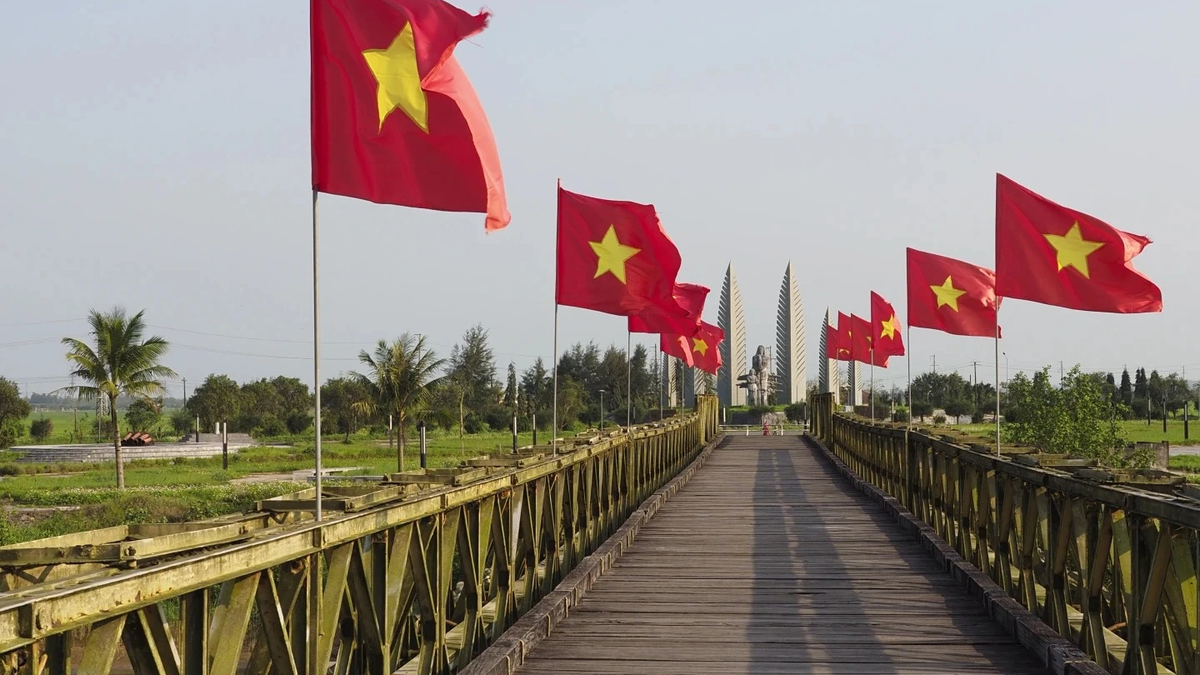
![[Photo] Marching together in the hearts of the people](https://vphoto.vietnam.vn/thumb/1200x675/vietnam/resource/IMAGE/2025/8/31/8b778f9202e54a60919734e6f1d938c3)
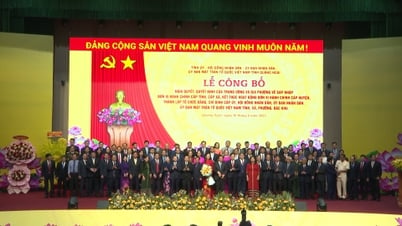
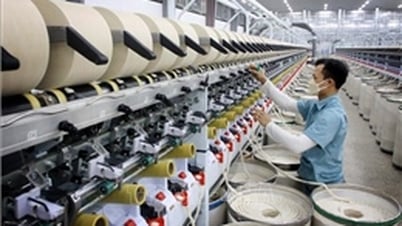
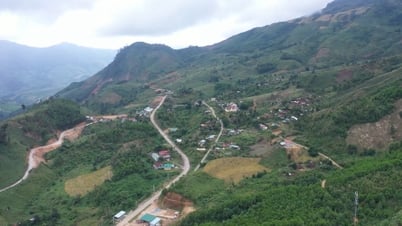
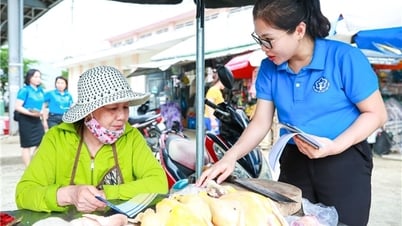
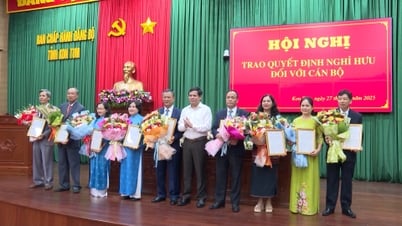
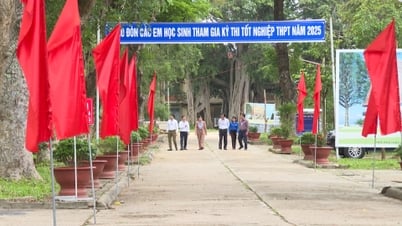




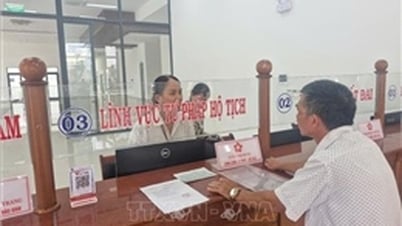
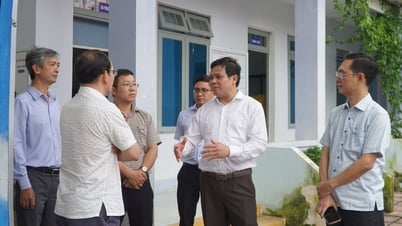
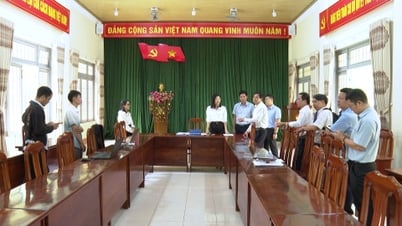
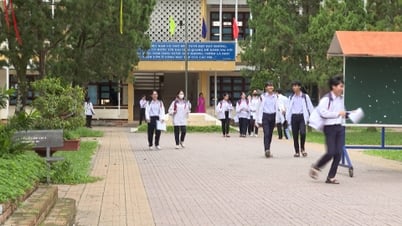
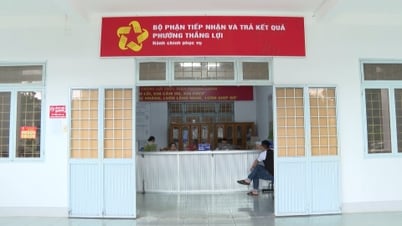
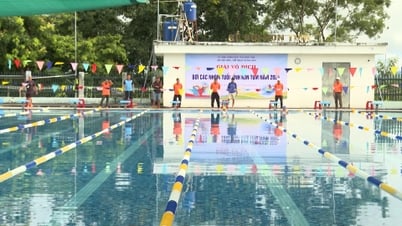






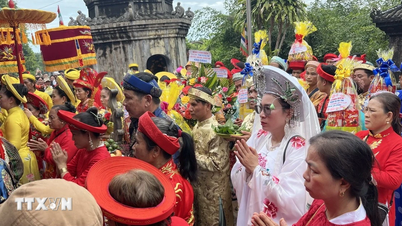

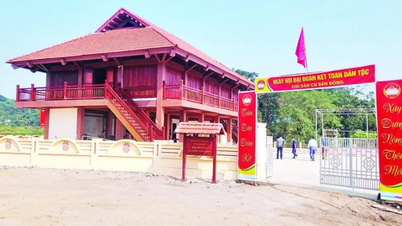




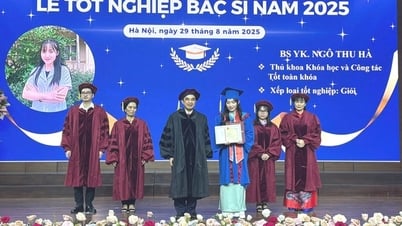



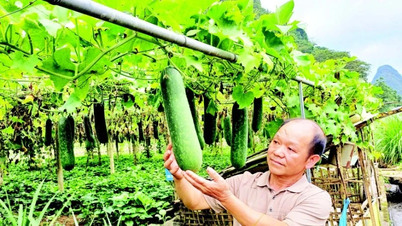







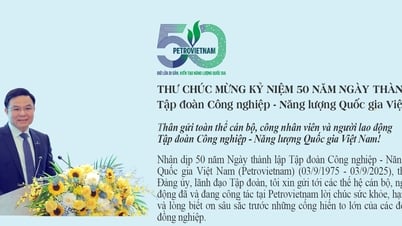


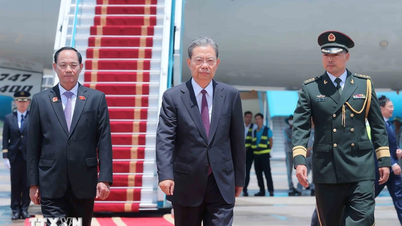

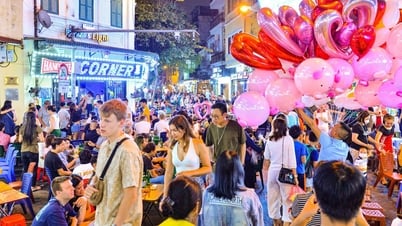
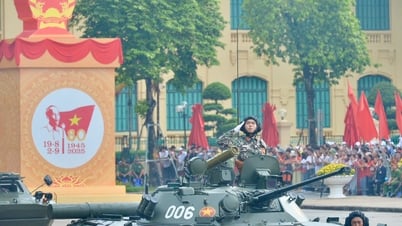


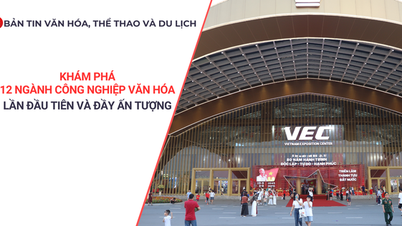





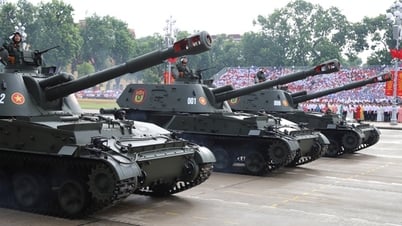
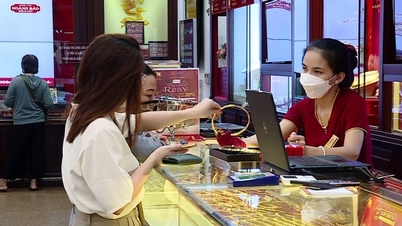

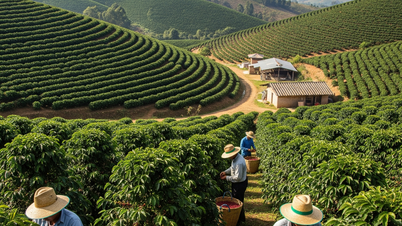



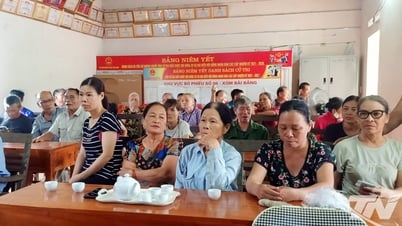


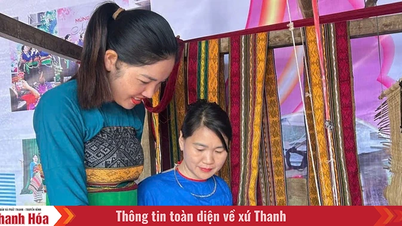

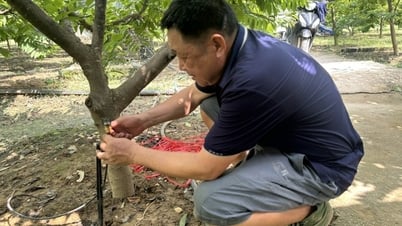

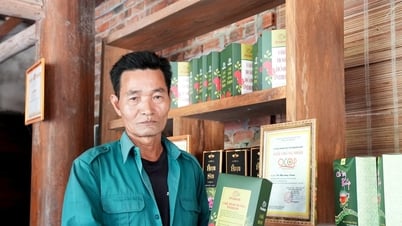
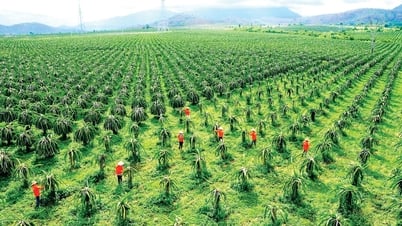


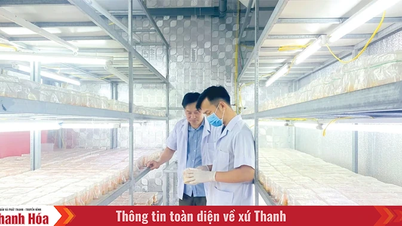

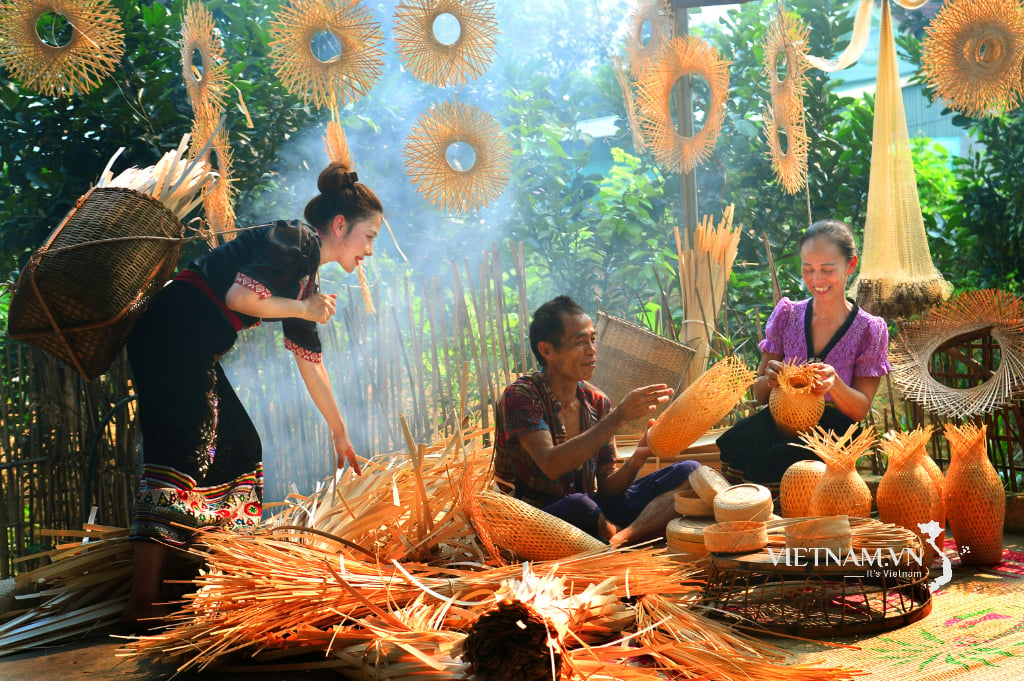
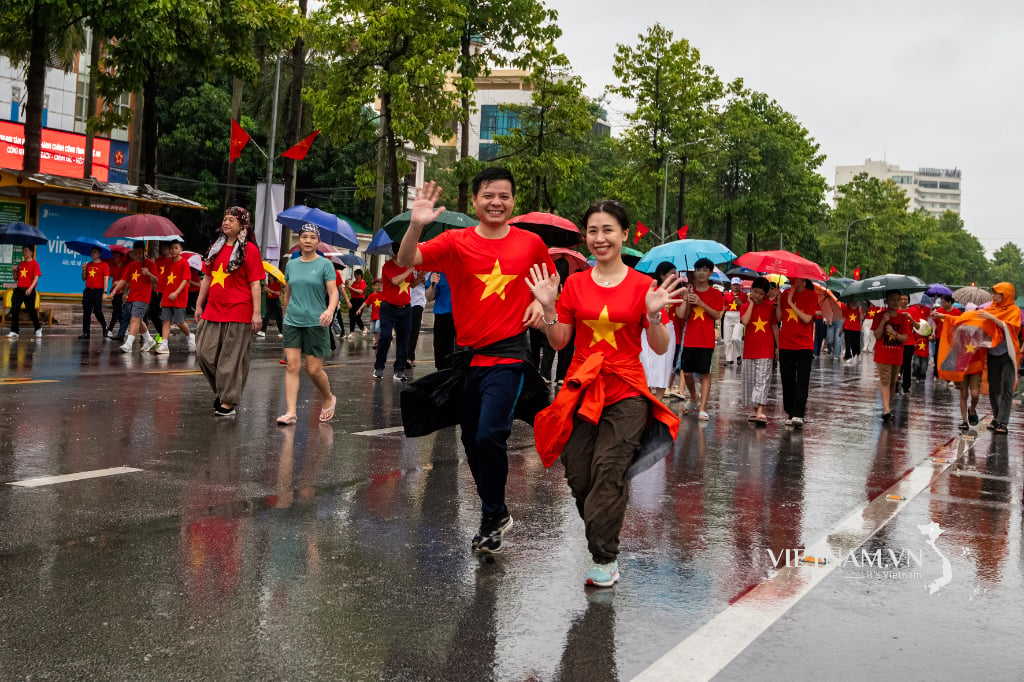


Comment (0)